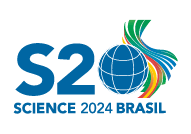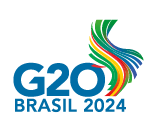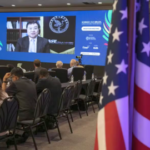Brazilian leadership in science and technology in the G20 seeks convergence and acknowledges differences within the group
MARCH 12TH | VALOR-RIO
Read the article by Victoria Netto for Valor, published on March 12th:
Brazil’s model in leading discussions on technology and innovation in the G20 will be guided by dialogue rather than the imposition of ideas, stated Helena Nader, president of the Brazilian Academy of Sciences (ABC), in an interview with Valor on Monday (March 11).
The ABC is the institution responsible for coordinating the Science 20 (S20) this year, one of the engagement cores of the G20 Social. The work comes in the wake of Brazil’s presidency in the group, which brings together the world’s 19 largest economies, as well as the European Union and the African Union, which debuted at the summit this year.
“We do not want to impose ideals, there have been other times when this happened and other countries did not want to sign. Each country will expose what is a priority in its vision,” said Nader. “We need to seek dialogue with different countries to achieve convergence because the more people have the same proposals, the greater the chances of success. Science can provide the answer.”
The contributions of the science academies of the G20 member countries will generate a document — the “communique” — to be finalized in July. For the first time, the letter will be forwarded for the nations’ analysis before the Leaders’ Summit, scheduled for November, in Rio. This year’s S20 agenda revolves around five themes: bioeconomy, health challenges, Artificial Intelligence (AI), social justice, and energy transition.
“Without science, we will not have development, poverty reduction, or energy transition,” emphasized Nader, referring to the connection between S20’s work and Brazil’s agenda in the G20. The country’s focus areas include combating hunger and social inequality, sustainable development, and global governance reform.
Heterogeneous group
In the pursuit of building joint proposals, the ABC wanted to bring to the forefront of the debate the differences among the G20 member countries for a more realistic dialogue, with the intention of proposing potential state policies that have an effective global impact.
According to Carlos Henrique de Brito Cruz, Senior Vice President of Research Networks at Elsevier and Emeritus Professor at the University of Campinas, the G20 is economically and demographically heterogeneous. Some countries have more difficulty converting scientific production into results, such as Brazil.
“While some nations invest hundreds of billions of dollars in research, such as the United States, China, Japan, Germany, and South Korea, others contribute in the millions, such as Indonesia, South Africa, and Argentina,” said the professor.
Brazil falls within a middle range: total investment in research and development amounts to approximately US$ 39 billion – combining government, corporate, university, and external investments, according to Brito Cruz.
“Low-income countries produce more scientific papers than wealthier countries, but one of the biggest challenges in countries like Brazil is obtaining economic returns from research. In the Global North, the private sector contributes more to research and development than in the Global South,” he said.
FALTA CONSEGUIR ENTRAR NO VALOR PRA VER O RESTO
Liderança brasileira de ciência e tecnologia no G20 quer convergência e reconhece diferenças no grupo | Brasil | Valor Econômico (globo.com)




